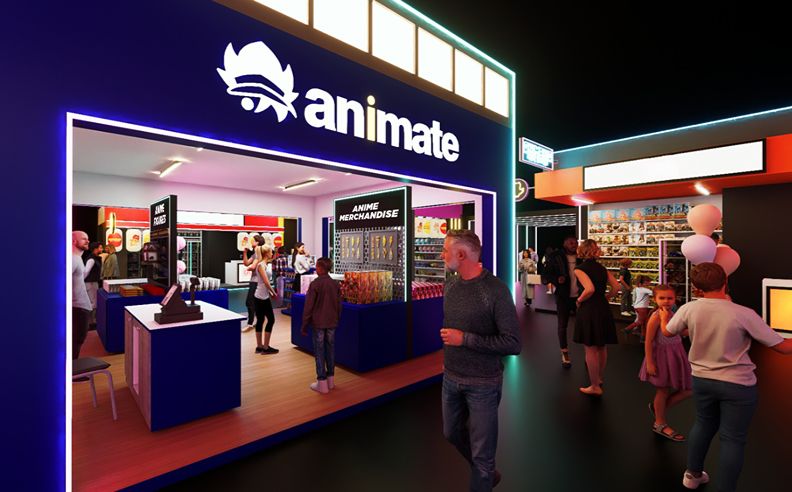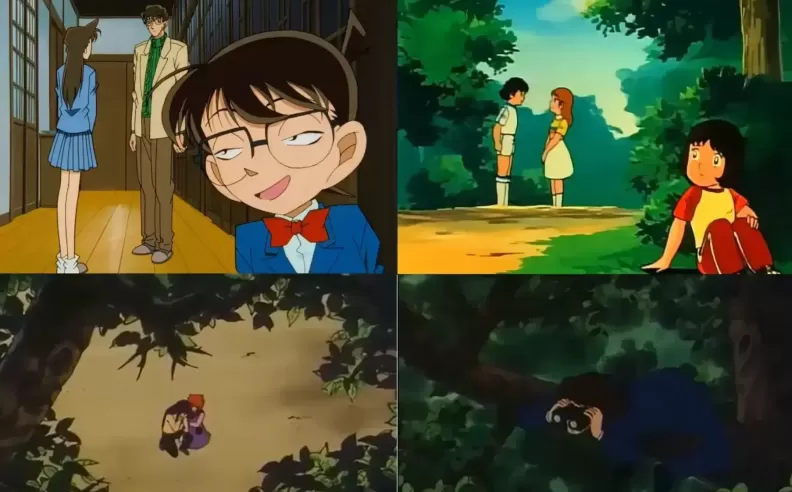
Anime and manga culture is now an integral part of youth and children's entertainment in the Middle East. From the illustrated magazines that appeared in the 19th century to the television programs that revolutionized entertainment content, this article will review the development path of this type of entertainment and how it has become part of popular culture in Arab countries.

As the popularity of anime increased, so did the demand for children's programs featuring this type of animation. This led to a significant shift in the quality of television content aimed at this audience. Space Toon, which began broadcasting in 2000, became a pioneer in this field, offering a variety of anime loved by children and teenagers. The channel organized its programs into different "planets," each showing a specific type of anime, such as the Action Planet with series like "Dragon Ball Z" and the Adventure Planet with "One Piece" and "Detective Conan."
These programs not only entertained but also taught children values such as friendship, courage, and perseverance, making them popular with parents and educators as well.
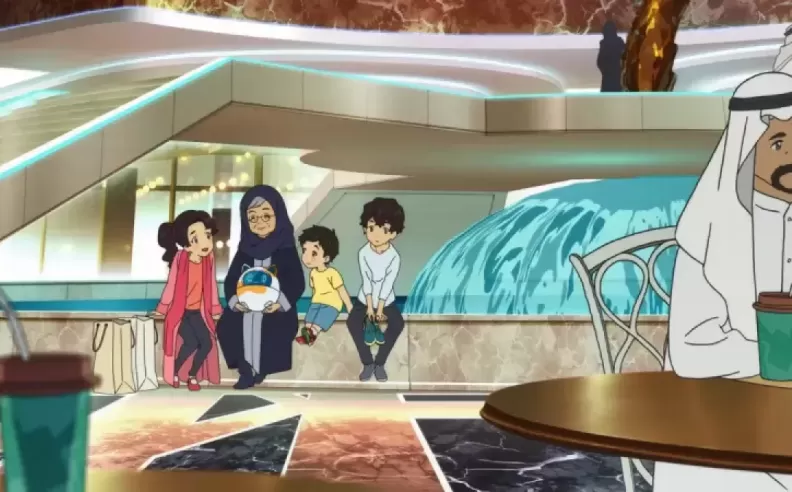
Although anime garnered most of the fame, manga also began gaining popularity, especially with easier online access. Initially, obtaining manga in French was common, but with the advancement of the internet and the emergence of digital platforms, fans could more easily access these stories.
In September 2008, the UAE witnessed the launch of the first original Arabic manga magazine called "Khayal." This magazine featured stories that mimicked the Japanese style but with an Arab spirit, creating a new type of content that appealed to Arab youth eager for fresh and distinctive culture. Arab artists and writers involved in this project successfully combined Arab flavor with Japanese storytelling techniques, generating significant interest in manga and Japanese art styles.
This phenomenon extended beyond the UAE, influencing other parts of the Arab world, where young Arabs began expressing themselves and their stories through manga-like drawings, reflecting their personal and cultural experiences and contributing to a vibrant and creative youth art scene.
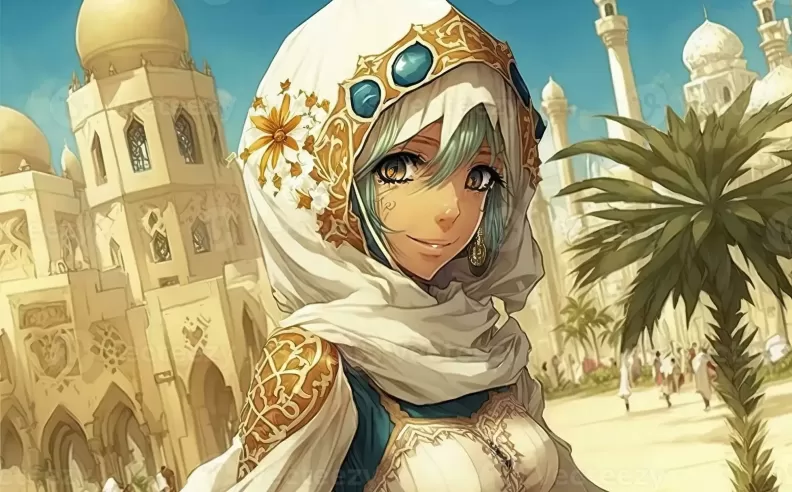
Saudi Arabia stands out among Gulf countries for its economic and cultural support of the anime and manga industry. Given its long-term economic development, it's not surprising that it has the largest anime and manga fan base in the region. In recent years, Saudi Arabia has seen several initiatives to promote appreciation for anime and manga art and develop local talents.
In November 2019, Saudi Arabia launched the Anime Expo, where anime fans could meet their favorite characters from series like "Captain Tsubasa," "Detective Conan," and "Attack on Titan." Additionally, "Manga Productions," a Saudi animation company, produced the first Saudi anime film titled "The Journey," in collaboration with "Toei Animation" and director Kobun Shizuno, known for directing several "Detective Conan" films.
Anime and manga enjoy undeniable popularity globally and particularly in the Middle East specifically, in Saudi Arabia, which has the largest community of anime fans and the largest anime industry market in the Middle East. Supported by the government, Saudi Arabia continues to enhance collaboration with Japanese producers, editors, and publishers to expand its anime and manga industry
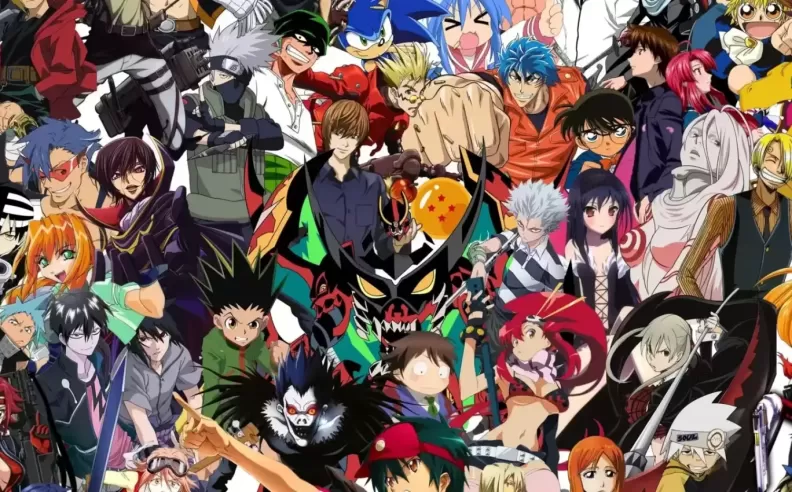
Over the years, several anime series have gained significant popularity in the Arab world and have become part of the popular culture.
Captain Tsubasa: Known as "Captain Majed" in the Arabic version, this series started airing in Arabic in 1990. Character names were changed in the Arabic version, with the main character named after the Saudi national football team captain at the time. The series is highly popular, especially since football is a beloved sport in the region.
Grendizer: One of the most famous foreign characters in the Arab world, it started broadcasting in Lebanon in the 1980s and later in Kuwait and Saudi Arabia, second in popularity only to "Captain Majed."
Detective Conan: Achieved great success in the Arab world, with 406 episodes dubbed into Arabic. The series continues to be widely followed due to its intriguing plots and mysteries.
Dragon Ball Z and One Piece: Both series are among the most-watched in the Arab world, with several seasons dubbed, attracting a large audience of young people and teenagers.
Naruto and Digimon: Almost fully dubbed and enjoyed strong followings among Arab audiences due to their exciting stories and appealing characters.
Slam Dunk: Fully dubbed and favored by anime fans who follow basketball stories.
These series demonstrate how anime is not only entertainment but also part of cultural and social education in the Arab world, reflecting the impact of rich Japanese culture in the Middle East.
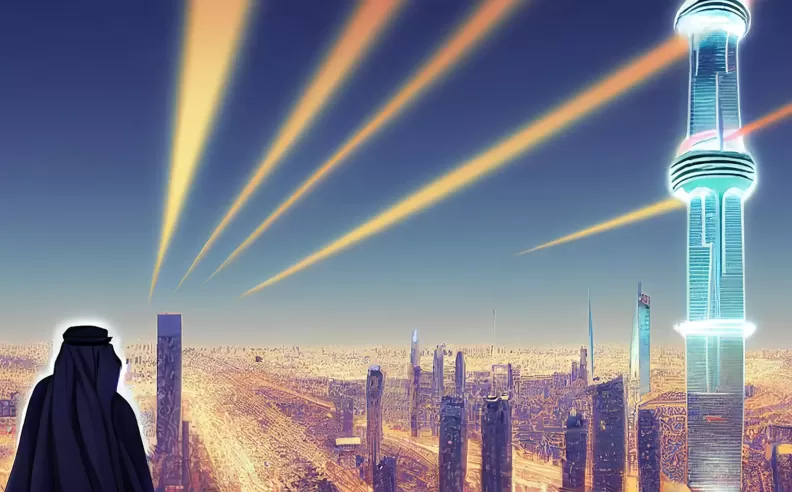
Despite cultural and linguistic challenges, the Middle East has seen continuous growth in the consumption and popularity of anime and manga. Thanks to thrilling stories, unique character and environment designs, and captivating episodes, these Japanese storytelling mediums have garnered significant admiration and appreciation in Arab countries.
The complexity and uniqueness of the Arabic language present significant challenges for manga and anime publishers aiming to enter the Arab market. Therefore, selecting a professional and specialized translation and localization company is vital for the success of these projects. At our company, CCCI, we provide specialized services in manga and comics for the Middle East, collaborating with publishers from Japan and the West. Through our translation services from Japanese to Arabic, English to Arabic, and French to Arabic, we help expand the reach of these products to Arabic-speaking audiences, opening new horizons for growth and expansion in this promising market.

Started my career in Automotive Journalism in 2015. Even though I'm a pharmacist, hanging around cars all the time has created a passion for the automotive industry since day 1.

